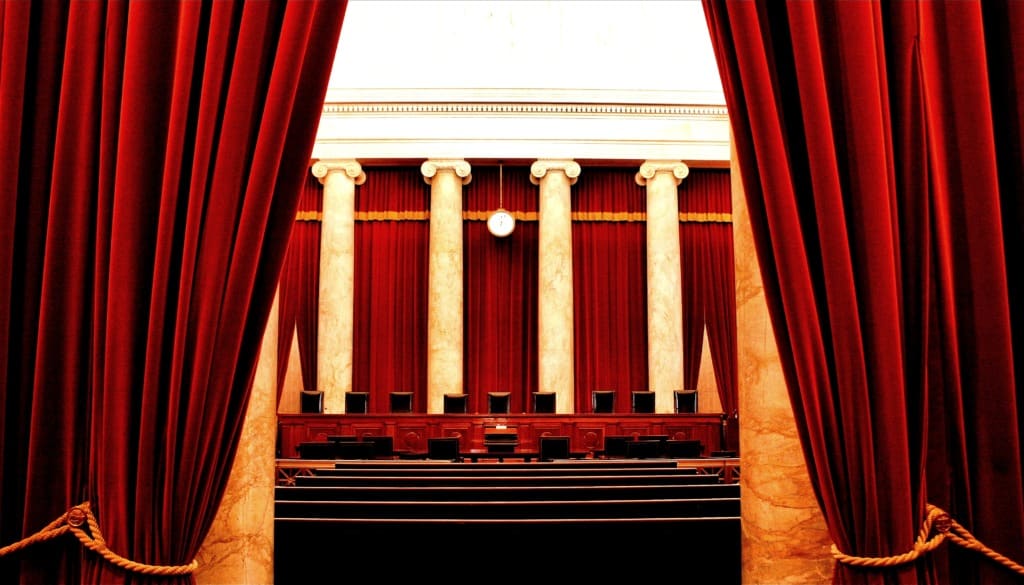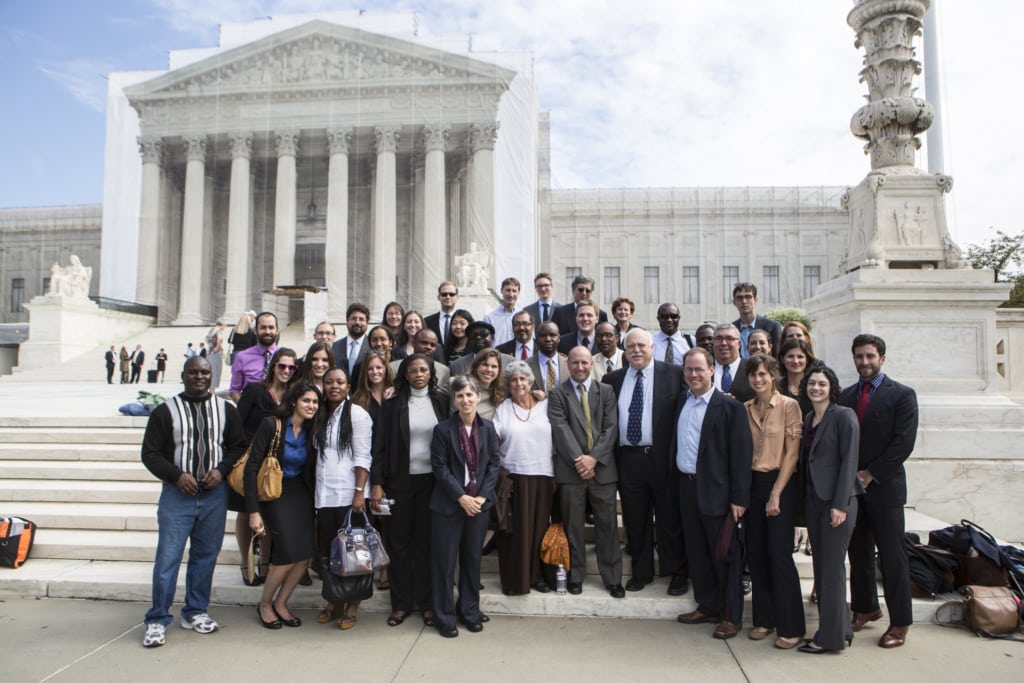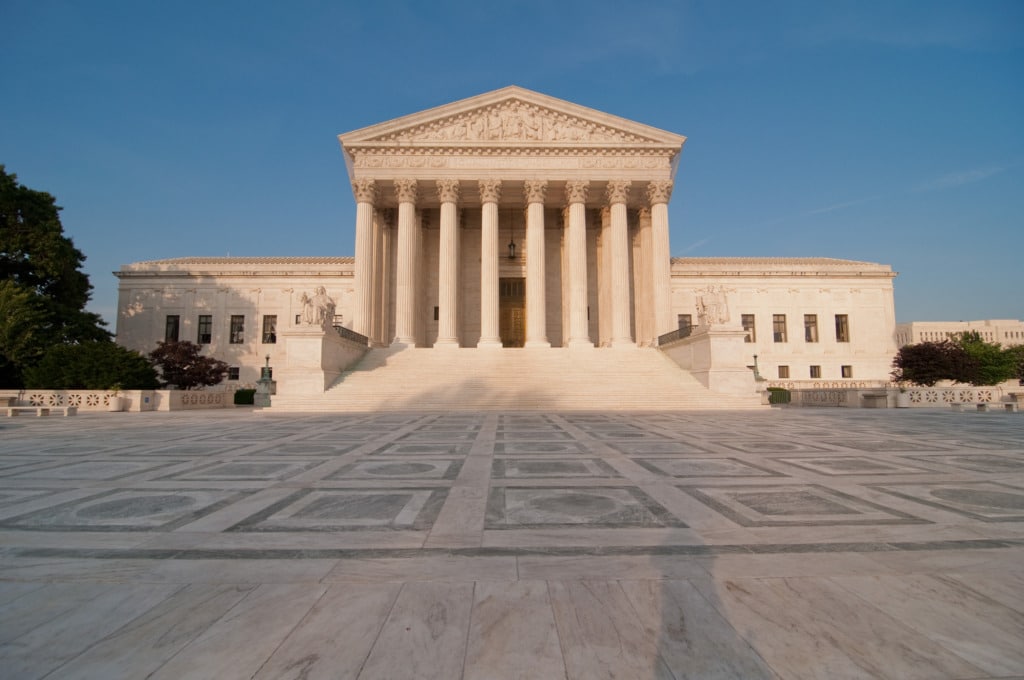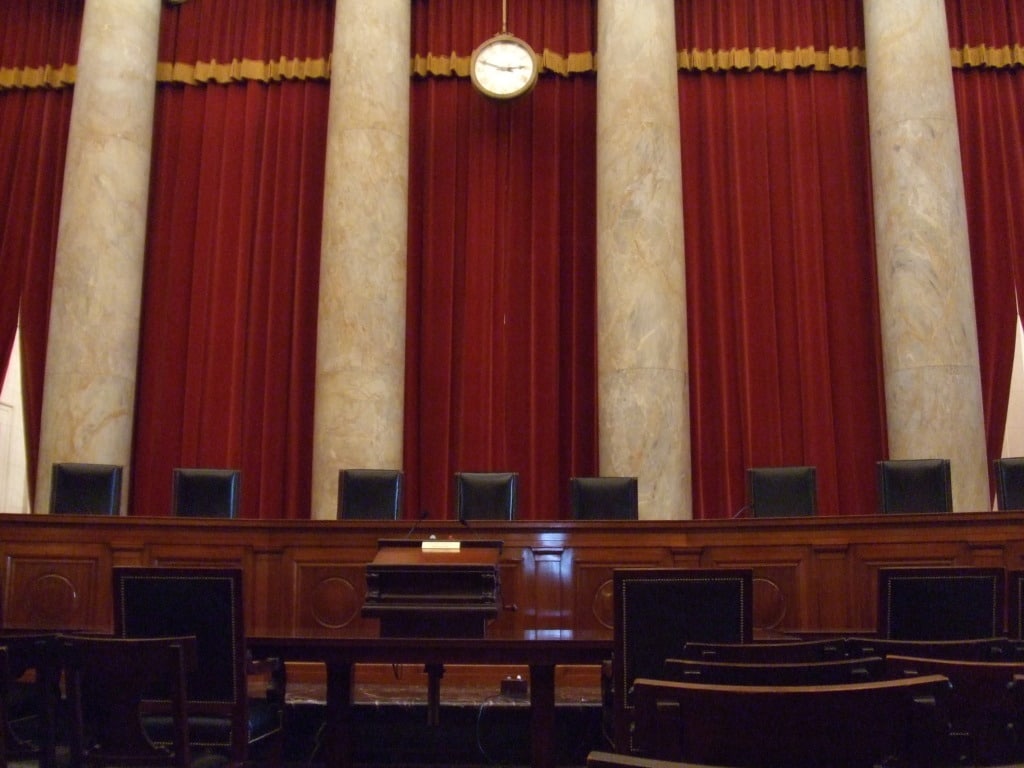Extraterritorial Application of Federal Securities Law After Morrison
In Morrison v. National Australia Bank (2010), the U.S. Supreme Court applied the presumption against extraterritoriality to the principal antifraud provision of the Securities Exchange Act, section 10(b). It held that section 10(b) applies “only [to] transactions in securities listed on domestic exchanges, and domestic transactions in other securities.” As I have explained elsewhere, Morrison…
Continue ReadingWhy the Indictment Against Halkbank Must Be Dismissed
In 2019, the United States indicted Turkiye Halk Bankasi (Halkbank), a Turkish state-owned bank, alleging a multiyear scheme to evade U.S. sanctions against Iran by using fraudulent transactions to transfer the proceeds of oil and gas sales to Iran. Last month, the Supreme Court rejected Halkbank’s claim of immunity under the Foreign Sovereign Immunities Act…
Continue ReadingSupreme Court Oral Argument in Extraterritorial RICO Case Marked by Confusion
The Supreme Court heard oral argument last week in Yegiazaryan v. Smagin and CMB Monaco v. Smagin, two cases testing when civil RICO can be used to help enforce a foreign arbitration award. Because I have described the facts in a previous post, I will be brief here. Smagin and Yegiazaryan are Russian citizens who…
Continue ReadingThrowback Thursday: Kiobel v. Royal Dutch Petroleum Co.
Ten years ago this week, the U.S. Supreme Court handed down its decision in Kiobel v. Royal Dutch Petroleum Co., applying the presumption against extraterritoriality to the implied cause of action for human rights violations under the Alien Tort Statute (ATS). In Kiobel, the Court began to whittle down the cause of action it had…
Continue ReadingPreview of Supreme Court Argument in Civil RICO Extraterritoriality Case
On April 25, the U.S. Supreme Court will hear oral argument in Yegiazaryan v. Smagin and CMB Monaco v. Smagin, which ask how RICO’s private right of action applies to intangible property, in this case a California judgment confirming a foreign arbitral award. The cases have important implications not just for civil RICO but also for international arbitration….
Continue ReadingAbitron: Media Coverage Round-Up
On March 21, the Supreme Court heard oral arguments in Abitron Austria GmbH v. Hetronic International, Inc., a case on review from the Tenth Circuit raising the geographic reach of federal law. The respondent, an Oklahoma-based electronics manufacturing company, brought a trademark infringement claim under the Lanham Act against the petitioner, a group of German…
Continue ReadingSupreme Court Focuses on Consumer Confusion in Extraterritorial Trademark Case
Yesterday, the Supreme Court heard oral argument in Abitron Austria GmbH v. Hetronic International, Inc. The question before the Court is when the federal trademark statute, known as the Lanham Act, applies to the use of trademarks outside the United States. The respondent, a U.S. company that makes radio remote controls for heavy construction equipment,…
Continue ReadingPaper Tiger, Hidden Dragon?: Some Thoughts on Smagin v. Yegiazaryan
This Term, the Supreme Court will hear a dispute between two wealthy Russians relating to an international arbitration award in London arising out of a failed real estate venture in Moscow. The case pits two competing tendencies of the Justices against one another: (a) their penchant for preventing such seemingly foreign litigation from proceeding in U.S….
Continue ReadingPreview of Supreme Court Argument in Extraterritorial Trademark Case
On March 21, the U.S. Supreme Court will hear oral argument in Abitron Austria GmbH v. Hetronic International, Inc. to decide when the federal trademark statute, known as the Lanham Act, applies to the use of trademarks outside the United States. The stakes are high—not just for the parties arguing over a $90 million damages…
Continue ReadingMaterial Support of Terrorism Looms over Supreme Court’s Social Media Case
On February 22, 2023, the Supreme Court heard oral argument in Twitter v. Taamneh. The case concerns an act of violence committed by ISIS in a Turkish nightclub in 2017. In bringing suit in the lower courts, plaintiffs alleged that Twitter, Facebook, and Google aided and abetted ISIS’s attack, in violation of 18 U.S.C. §…
Continue Reading








